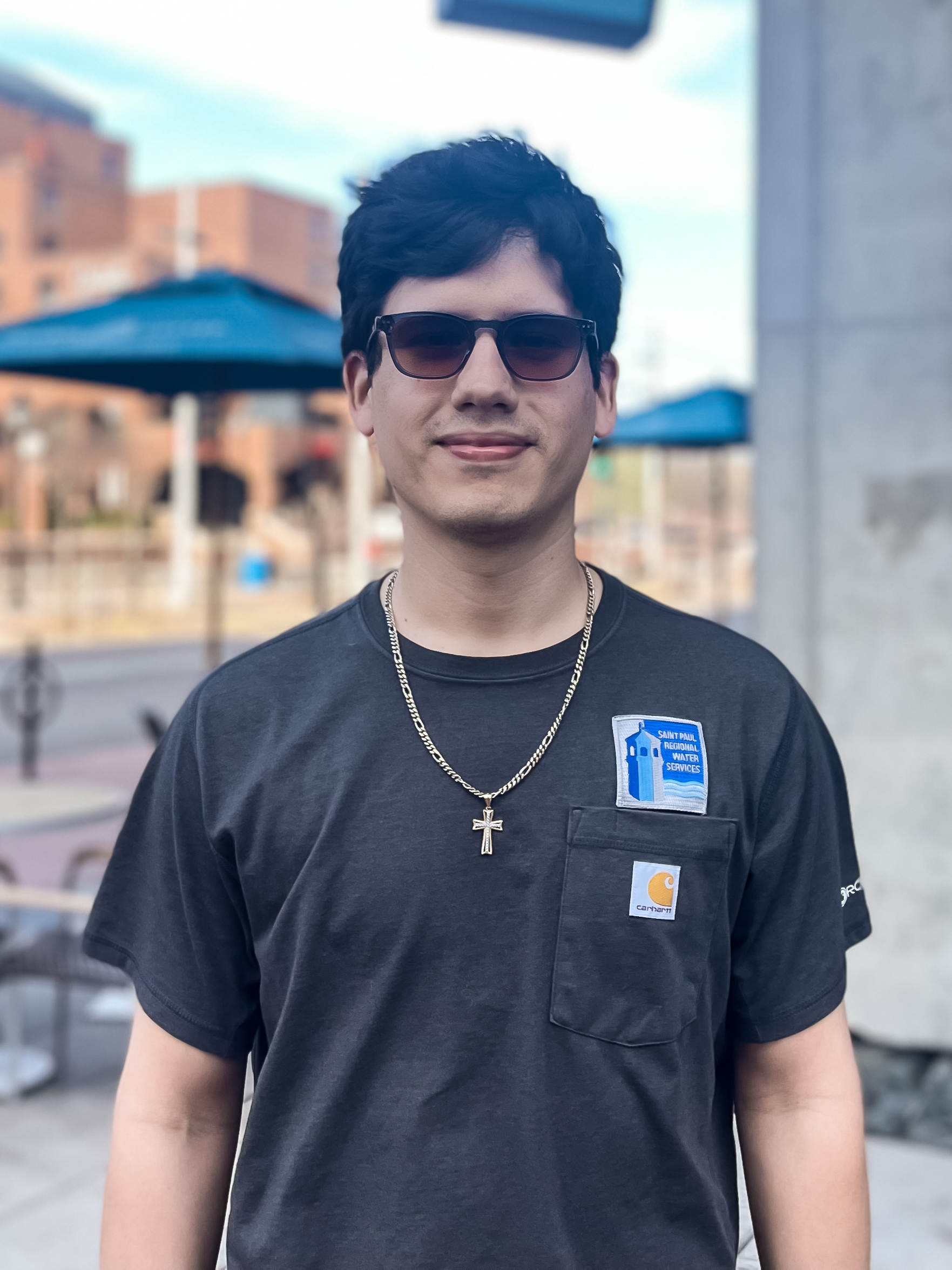Isac Rivera Robledo is a first-generation immigrant who recently began taking classes at the University of Minnesota after a seven year break from college thanks to financial assistance from the state’s North Star Promise. Rivera Robledo is a Mexican-American who immigrated to the U.S. with his family when he was two years old.
Byline: By Hannah Ward (Data Editor)
“You feel like you’re a part of a minority group because you look at media, movies and stuff like that, and I feel like there’s not really a whole lot of representation of the background that I come from. Spanish speaking, the food that we eat, but not really the way we look because I do come from a European background and a lot of us have a lighter skin tone. A lot of the media that was popular in my generation wasn’t really representing where I’m from, so I felt like the minority.
We came here on a bus, or at least I did. We came separately, we didn’t come all together. I think it was just men, and they handed me off to a lady that my grandma knew. I actually wasn’t with my mom when I came here, I think it was me and my older cousin that were together. She’s about five years older than me.
I don’t know, but I would assume they immigrated for more opportunities here. It’s important to mention that we already had family in Minnesota, my grandpa’s side of the family, his sister and her daughters. They were already here, so I think that’s maybe why we chose Minnesota.
Being able to create bridges between different cultures and appreciating other cultures, too, knowing that if other people feel like they’re in a minority group, I have empathy for that. Not even just ethnic minority groups, any minority groups in general. If you feel like outside, maybe because you don’t know a language, feeling misunderstood, or maybe you don’t understand something, just having that empathy for other groups.
Sometimes I’m given the opportunity to bridge American culture and English and Mexican culture and Spanish, and it gives me more cultural capital. It helps me appreciate other cultures and other people.
Being on campus and even just walking around or going to get a bite of food, going to the gym, classes have helped me go out and do stuff in the community. I’m a little busy between school and work, and that’s restricted my time on what I can really do. For the most part, I feel very connected.
We’re not really different from anybody else other than what it says on paper, in terms of citizen or maybe a permanent resident. I think we’re all humans at the end of the day, no matter our cultural backgrounds or racial backgrounds. The planet is everybody’s.”

